#Technology/Engineering
Explore tagged Tumblr posts
Text

Alt: the inventor vs the invention. a language revitalization robot that speaks my Indigenous language Anishinaabemowin pic.twitter.com/ydo88kMzT9
Photo of inventor Daniel Boyer holding language bot. Hair in large buns with braids going down and wearing cream shirt with colorful abstract design on it.
— Danielle Boyer🤖 (@danielleboyerr) February 1, 2024
#Danielle Boyer#Inventors#Engineers#Language#Robots#Anishinaabemowin#Indigenous#Indigenous people in tech#Tech#Technology#Alt text in image#Image description in image
6K notes
·
View notes
Text
Still laughing at Brian May offhandedly writing the greatest understatement in the history of academia in his astrophysics doctoral dissertation:

Ah, yes - “various pressures.” Like being one of the greatest guitarists ever and playing/writing/singing for the most legendary rock band of all time.
Those various pressures.
#queen#Brian May#just a rock and roll god and also an astrophysicist#it’s like Deacon casually inventing the technology for all modern bass stereos bc he was an electrical engineer#a side gig of being a genius#along with their friends ‘learned opera at 5yo and literally SAW music’ and ‘chaos tornado with a promising career in dentistry’#Music#shut up e#these are twitter thoughts but twitter is dead so now I subject you all to them
18K notes
·
View notes
Text
however bad of a day you're having, know that it's not nearly as bad as whatever the Crowdstrike security team is going through since waking up this morning
#accidentally bricking millions of computers worldwide because of a faulty security update pushed through on Friday evening#has to be some special circle of hell for software engineers#crowdstrike#current events#technology
2K notes
·
View notes
Text

Launch Your Creativity with Space Crafts!
In honor of the completion of our Nancy Grace Roman Space Telescope’s spacecraft — the vehicle that will maneuver the observatory to its place in space and enable it to function once there — we’re bringing you a space craft you can complete at home! Join us for a journey across the cosmos, starting right in your own pantry.
Stardust Slime
Ingredients:
1 5 oz. bottle clear glue
½ tablespoon baking soda
Food coloring
1 tablespoon contact lens solution
1 tablespoon glitter
Directions:
Pour the glue into a bowl.
Mix in the baking soda.
Add food coloring (we recommend blue, purple, black, or a combination).
Add contact lens solution and use your hands to work it through the slime. It will initially be very sticky! You can add a little extra contact lens solution to make it firmer and less goopy.
Add glitter a teaspoon at a time, using as much or as little as you like!
Did you know that most of your household ingredients are made of stardust? And so are you! Nearly every naturally occurring element was forged by living or dying stars.
Take the baking soda in this slime recipe, for example. It’s made up of sodium, hydrogen, carbon, and oxygen. The hydrogen was made during the big bang, right at the start of the universe. But the other three elements were created by dying stars. So when you show your friends your space-y slime, you can tell them it’s literally made of stardust!
Still feeling crafty? Try your hand at more pantry projects or these 3D and paper spacecraft models. If you’re eager for a more advanced space craft, check out these embroidery creations for inspiration! Or if you’re ready for a break, take a virtual tour of an interactive version of the Roman Space Telescope here.
Make sure to follow us on Tumblr for your regular dose of space!
#NASA#astronomy#telescope#Roman Space Telescope#technology#space#science#tech#DIY#crafts#engineering#STEM
1K notes
·
View notes
Text
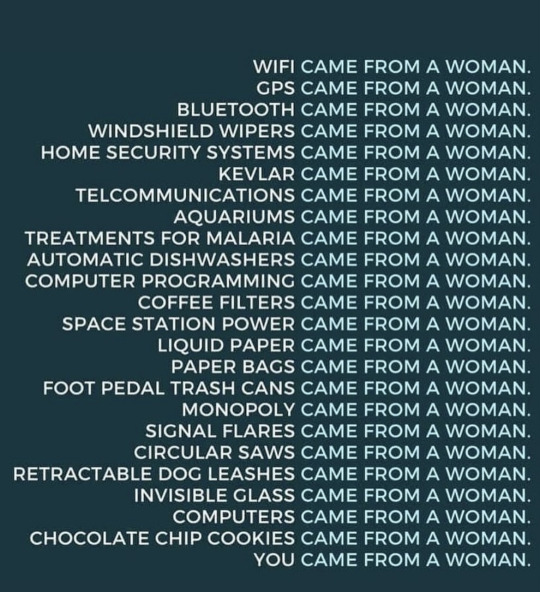
#radical feminism#womens rights#feminism#gender critical women#radical feminist safe#adult human female#biological women#rad fem#trans exclusionary radical feminist#terfsafe#women’s issues#inventions#history#womens history#technology#medicine#education#entertainment#home cooking#engineering
2K notes
·
View notes
Text
The funniest possible outcome of all these Google antitrust disclosures re: deceptively re-writing people's search queries in order to maximise Google's ad revenue would be if the corporations that paid for those ads decide that Google has been defrauding them the whole time. The ultimate "bite each other's dicks off" scenario.
#computers#technology#internet#search engines#google#antitrust#current events#violence mention#penis metion
2K notes
·
View notes
Text

349 notes
·
View notes
Text
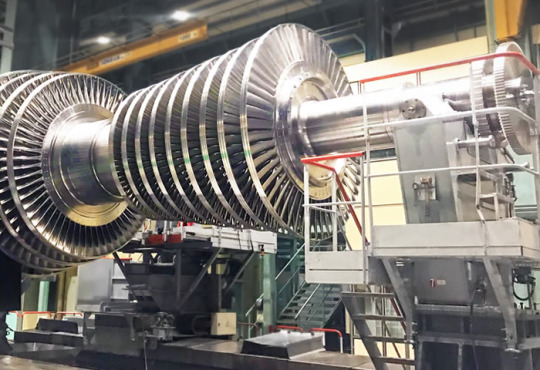
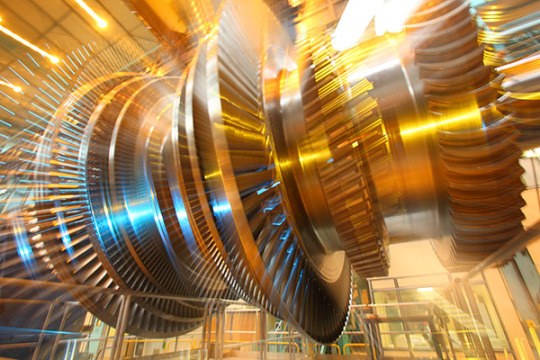
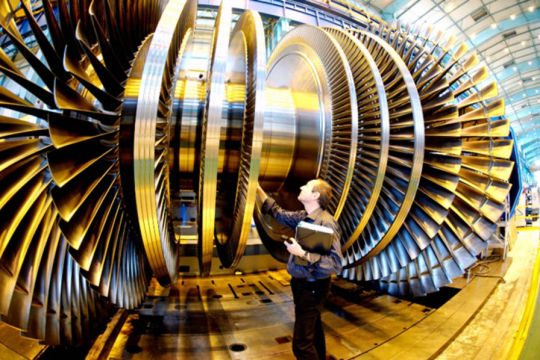
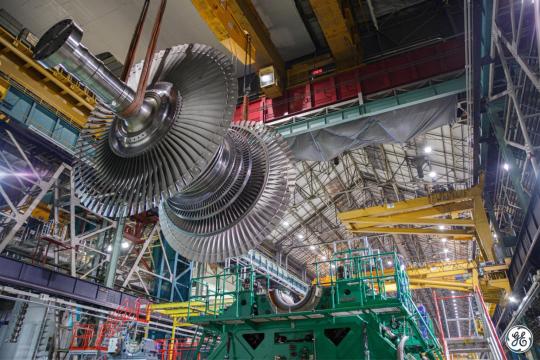
Arabelle - GE steam turbine for nuclear power plants ☢️🏭⚡
😻/😻/😻/😻
#aesthetic#cyberpunk#tech#tech aesthetic#electricity#engineering#power plant#elektrostantsiyapost#technology#engineers#engineer#electrical engineer#electrical engineering#engblr#steam turbine#nuclear energy#nuclear#nuclear power plant#power engineering#nuclear engineering#power generation#electrical#arabelle turbine#turbine#industrial#turbine blades#aren't steam turbines beautiful?#nuclear power#machines#steel
420 notes
·
View notes
Text
The Stormlight Archive is great because it has Women in STEM
Soulcasting people to death
Tinkering with cool gizmos
Eating the food right off your starvin' plate
Mommy? Sorry. Mommy- Sorry, Mommy? Sorry. Mommy? Sorry. Mommy? Sorry. Mommy?
#it's also got women in science technology engineering and mathematics#but i kinda like my list better#cosmere#brandon sanderson#stormlight archive
156 notes
·
View notes
Text




Subaru Impreza WRX STi WR1, 2004, by Prodrive. Prodrive Advanced Technology are best know for their work with Subaru's WRC team. The WR1 was a special edition of 500 cars to celebrate Petter Solberg winning the Driver’s Title in the 2003 World Rally Championship. It was modified by Prodrive to produce 320hp and was equipped with a driver’s control centre-differential (DCCD) that allowed torque distribution between front and rear wheels to be manually selected.
#Prodrive#Subaru Impreza WRX STi WR1#WR1#Subaru Impreza WRX STi#special edition#limited edition#all wheel drive#boxer engine#flat 4#Petter Solberg#Prodrive Advanced Technology#Commemorative Series#WRC
198 notes
·
View notes
Text
i like etho as a mcyt figure because he is like if a computer engineer could be a caveman. like imagine if the guy who invented the watch and the guy who invented the wheel were the same guy. imagine if you were talking to him and he was like oh yeah i also invented the hand axe. and google
#hes like if a grandpa were both a programmer and a luddite#hes like a paleolithic mech engineer#hes like if someone made the internet out of sticks and rocks#hes like if you could talk to a big rock and its like yeah i remember before anything was ever hungry bc life wasnt invented yet.#and also i invented algebra#hes like a guy someone found in a cave hungry and covered in dirt and then hes like wait before you bring me back to society#look at what i made while i was stuck in this cave. and its technology sufficiently sophisticated as to seem like magic. made out of mud#fueled by the motion of earth through space#like you think maybe i should leave him in the cave and let him cook#hed benefit from being around people… but also hes onto something. in that cave
858 notes
·
View notes
Text
Fuckable Objects #8 Teenage Engineering EP–133 K.O. II (2023)
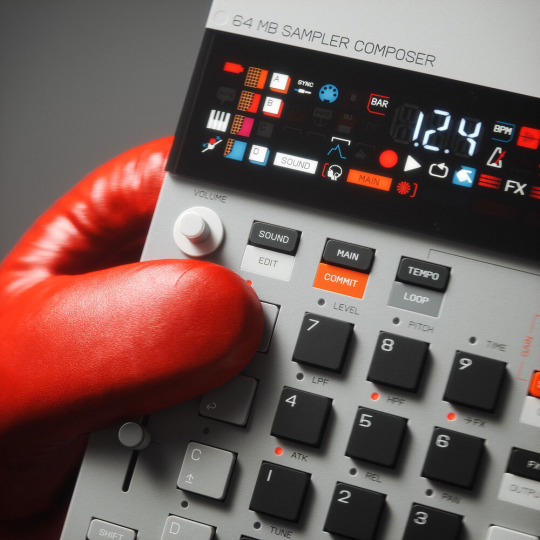



[src]
#fuckableobjects#8#objectophilia#objectum#technology#techum#software#retro aesthetic#teenage engineering#techtum#stim
235 notes
·
View notes
Text
The Roman watermills of Barbegal were a remarkable ancient industrial complex located near Arles in southern 🇫🇷. The complex was built in the 2nd century CE and operated until about the end of the 3rd century. It’s considered "the greatest known concentration of mechanical power in the ancient world" and the largest ancient mill complex.
222 notes
·
View notes
Text

This photo contains both flight (flat in the foreground) and qualification assembly (upright in the background) versions of the Solar Array Sun Shield for NASA’s Nancy Grace Roman Space Telescope. These panels will both shade the mission’s instruments and power the observatory.
Double Vision: Why Do Spacecraft Have Twin Parts?
Seeing double? You’re looking at our Nancy Grace Roman Space Telescope’s Solar Array Sun Shield laying flat in pieces in the foreground, and its test version connected and standing upright in the back. The Sun shield will do exactly what it sounds like –– shade the observatory –– and also collect sunlight for energy to power Roman.
These solar panels are twins, just like several of Roman’s other major components. Only one set will actually fly in space as part of the Roman spacecraft…so why do we need two?
Sometimes engineers do major tests to simulate launch and space conditions on a spare. That way, they don’t risk damaging the one that will go on the observatory. It also saves time because the team can do all the testing on the spare while building up the flight version. In the Sun shield’s case, that means fitting the flight version with solar cells and eventually getting the panels integrated onto the spacecraft.
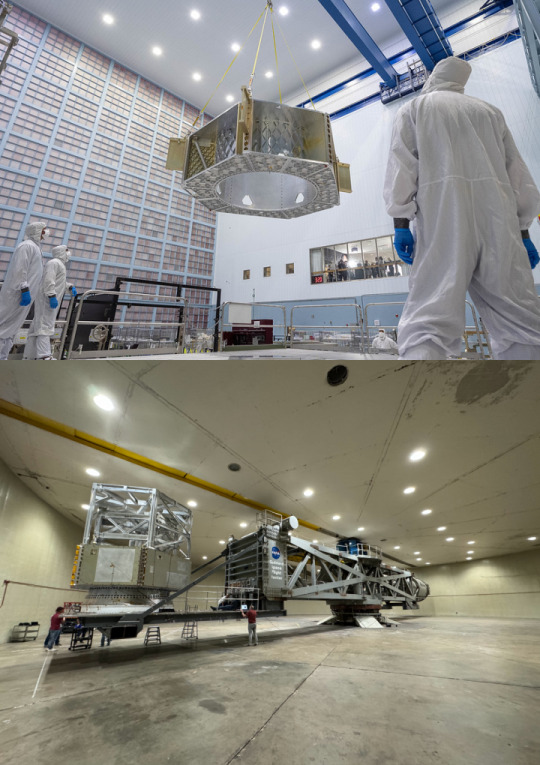
Our Nancy Grace Roman Space Telescope's primary structure (also called the spacecraft bus) moves into the big clean room at our Goddard Space Flight Center (top). While engineers integrate other components onto the spacecraft bus in the clean room, the engineering test unit (also called the structural verification unit) undergoes testing in the centrifuge at Goddard. The centrifuge spins space hardware to ensure it will hold up against the forces of launch.
Engineers at our Goddard Space Flight Center recently tested the Solar Array Sun Shield qualification assembly in a thermal vacuum chamber, which simulates the hot and cold temperatures and low-pressure environment that the panels will experience in space. And since the panels will be stowed for launch, the team practiced deploying them in space-like conditions. They passed all the tests with flying colors!
The qualification panels will soon pass the testing baton to the flight version. After the flight Solar Array Sun Shield is installed on the Roman spacecraft, the whole spacecraft will go through lots of testing to ensure it will hold up during launch and perform as expected in space.
For more information about the Roman Space Telescope, visit: www.nasa.gov/roman. You can also virtually tour an interactive version of the telescope here.
Make sure to follow us on Tumblr for your regular dose of space!
#NASA#astronomy#telescope#Roman Space Telescope#technology#space#science#tech#twins#engineering#STEM
1K notes
·
View notes
Text

#nikola tesla#quotes#manifesting#light#energy#magic#manifestation#law of attraction#esoteric#spiritual awakening#spirit#ascension#consciousness#alchemy#science#engineering#free energy#technology
160 notes
·
View notes
